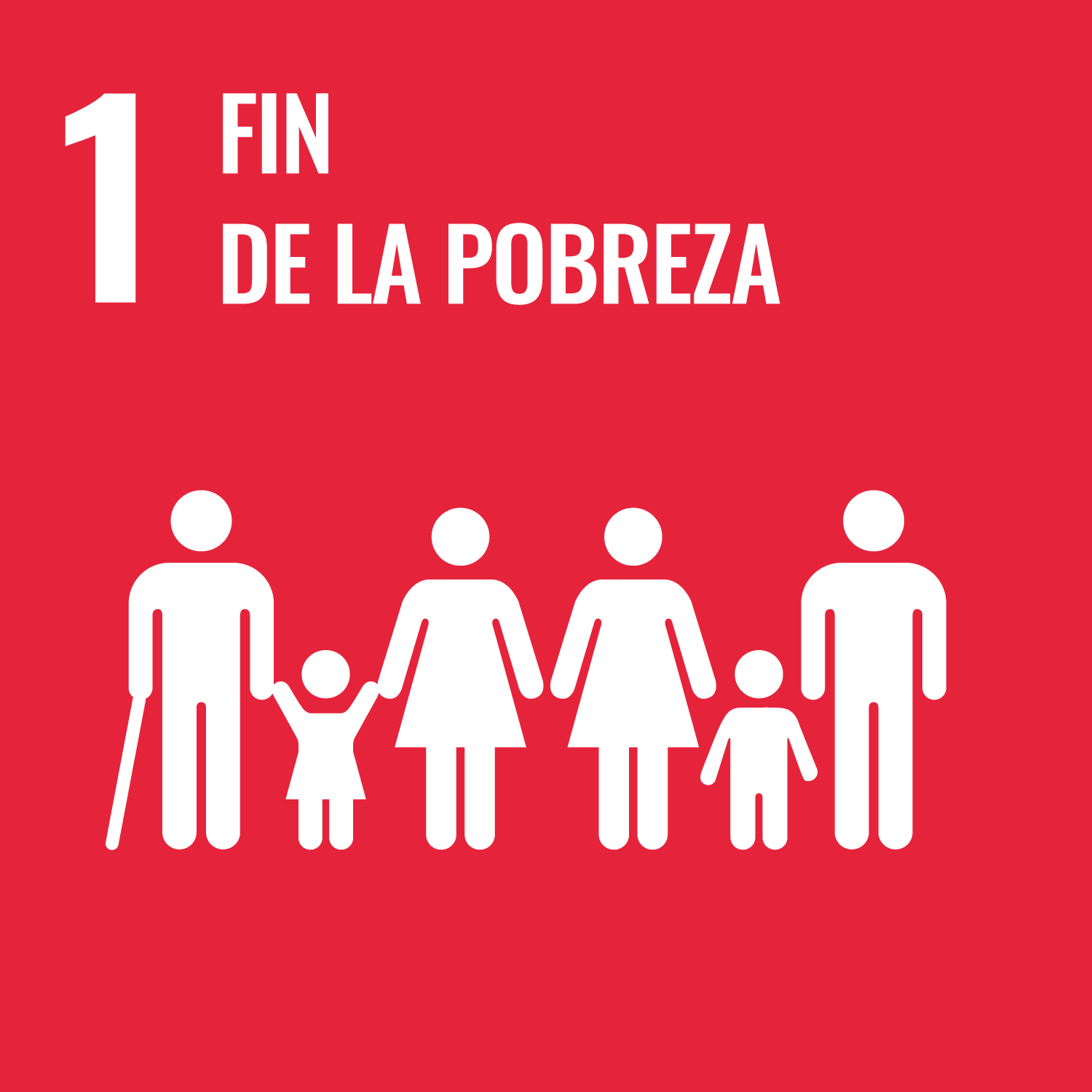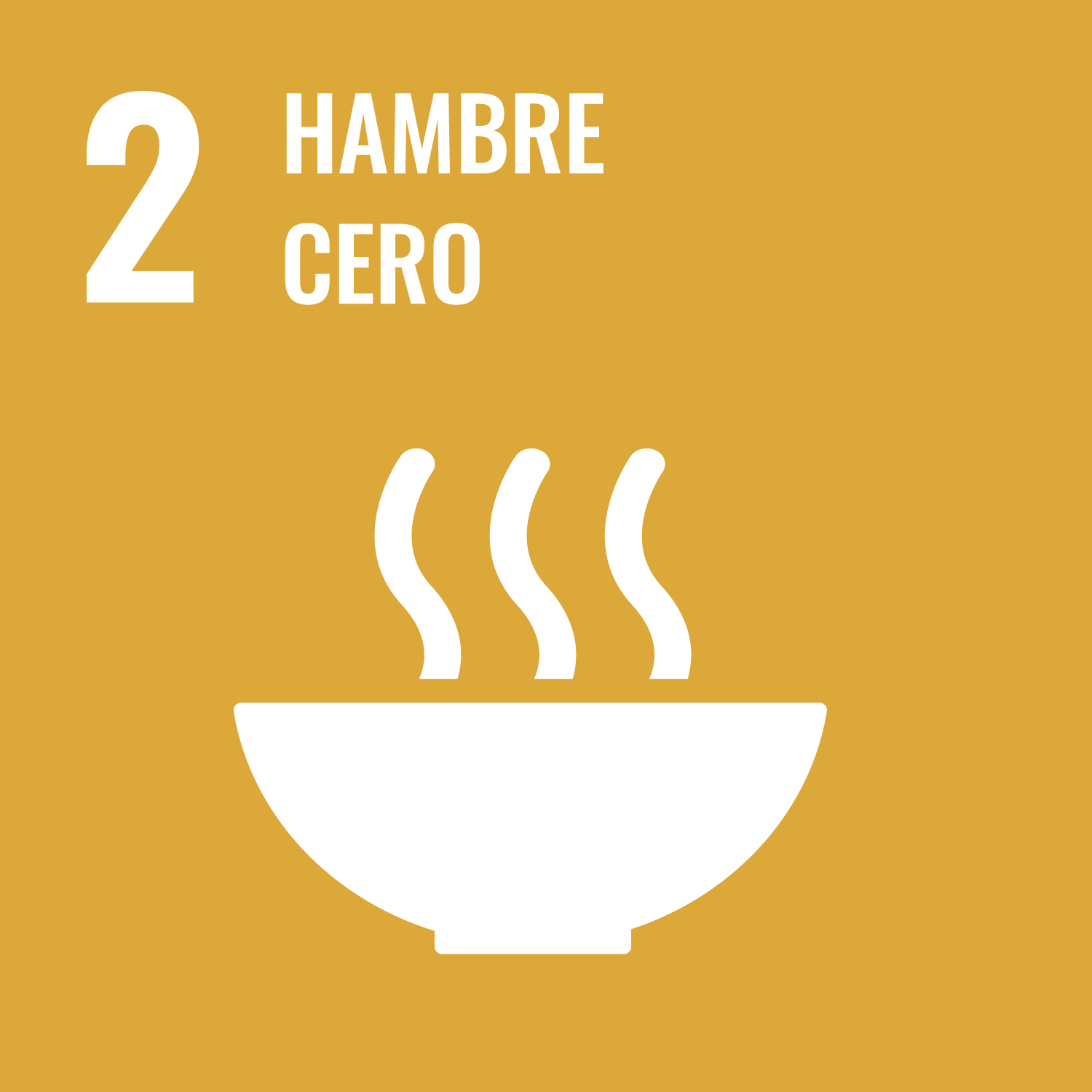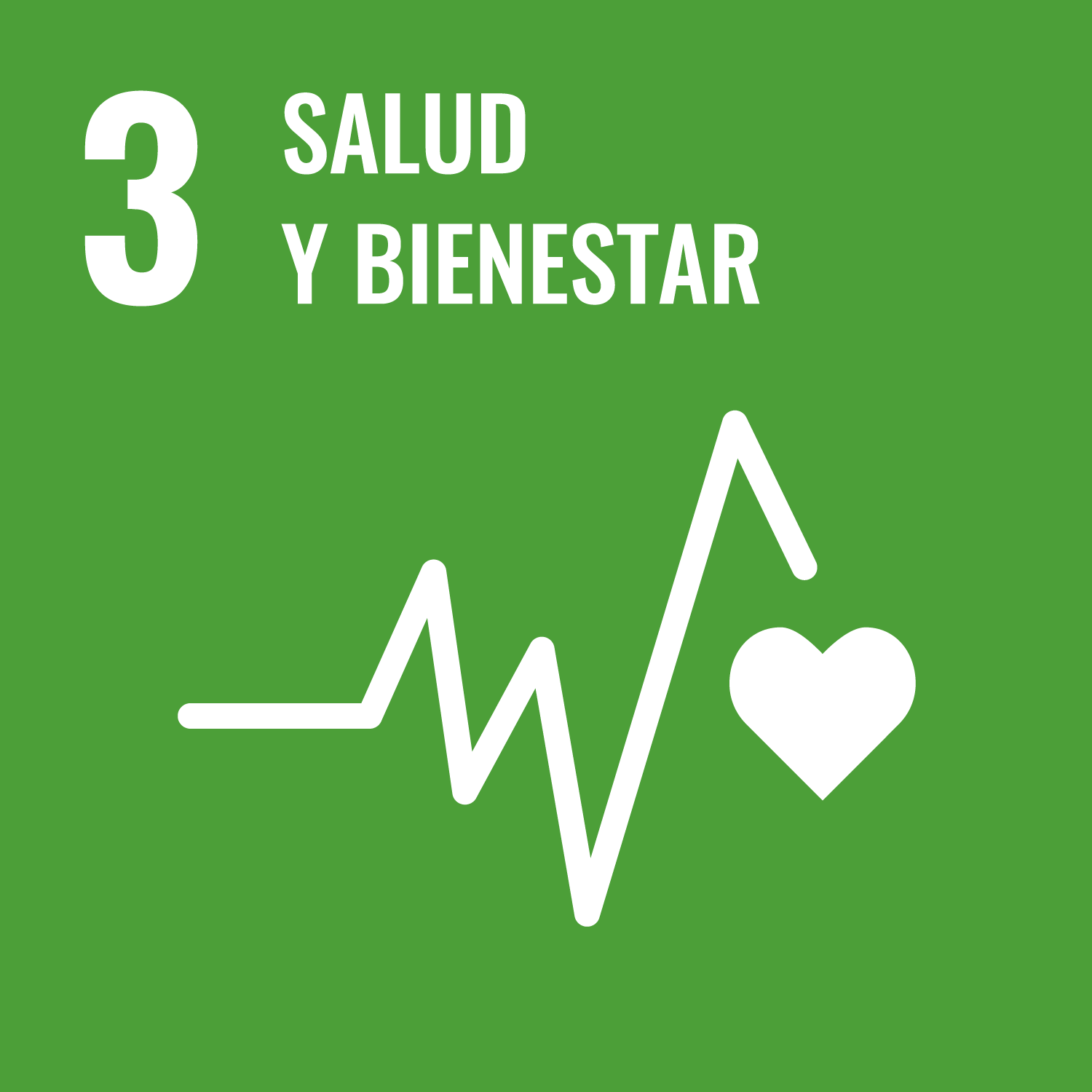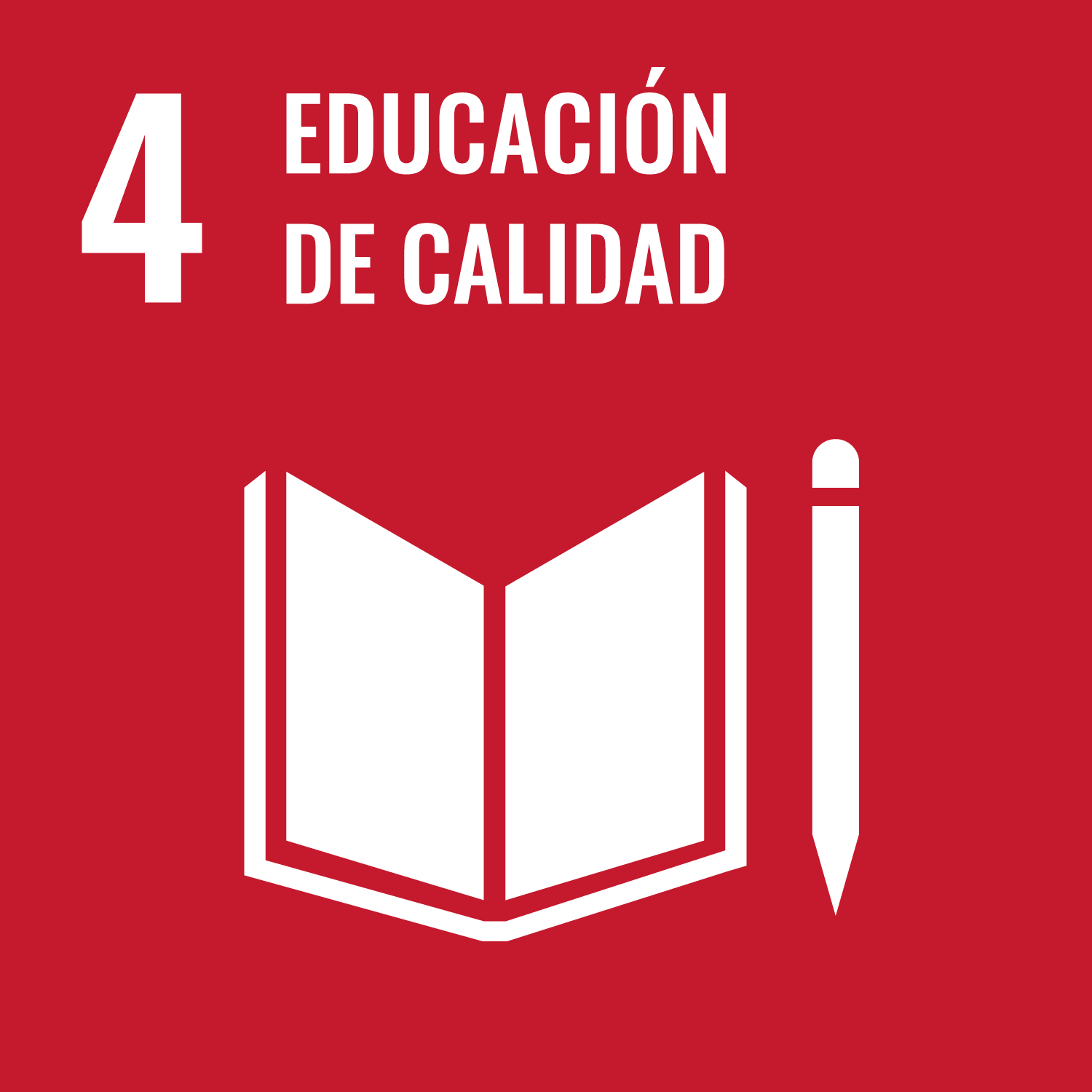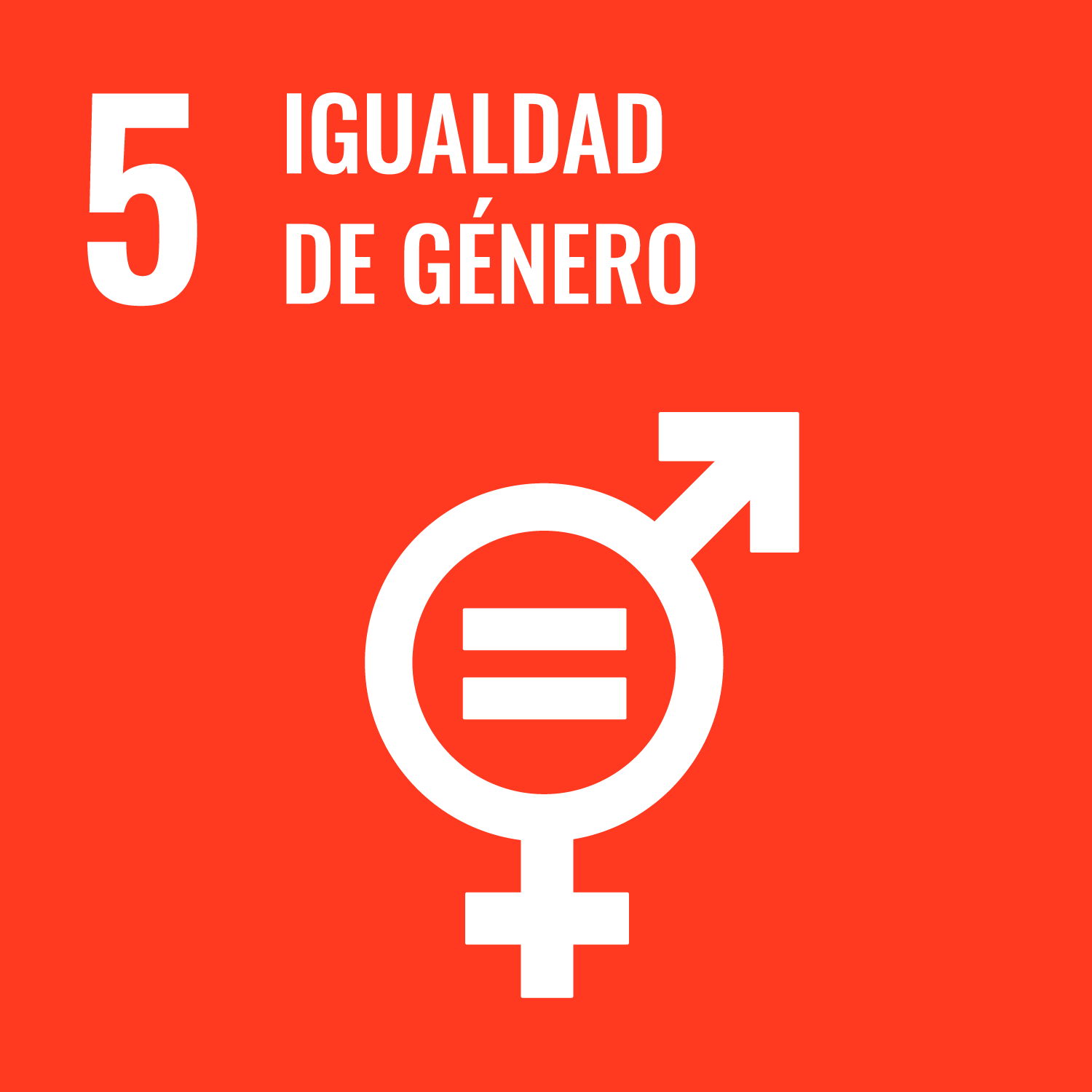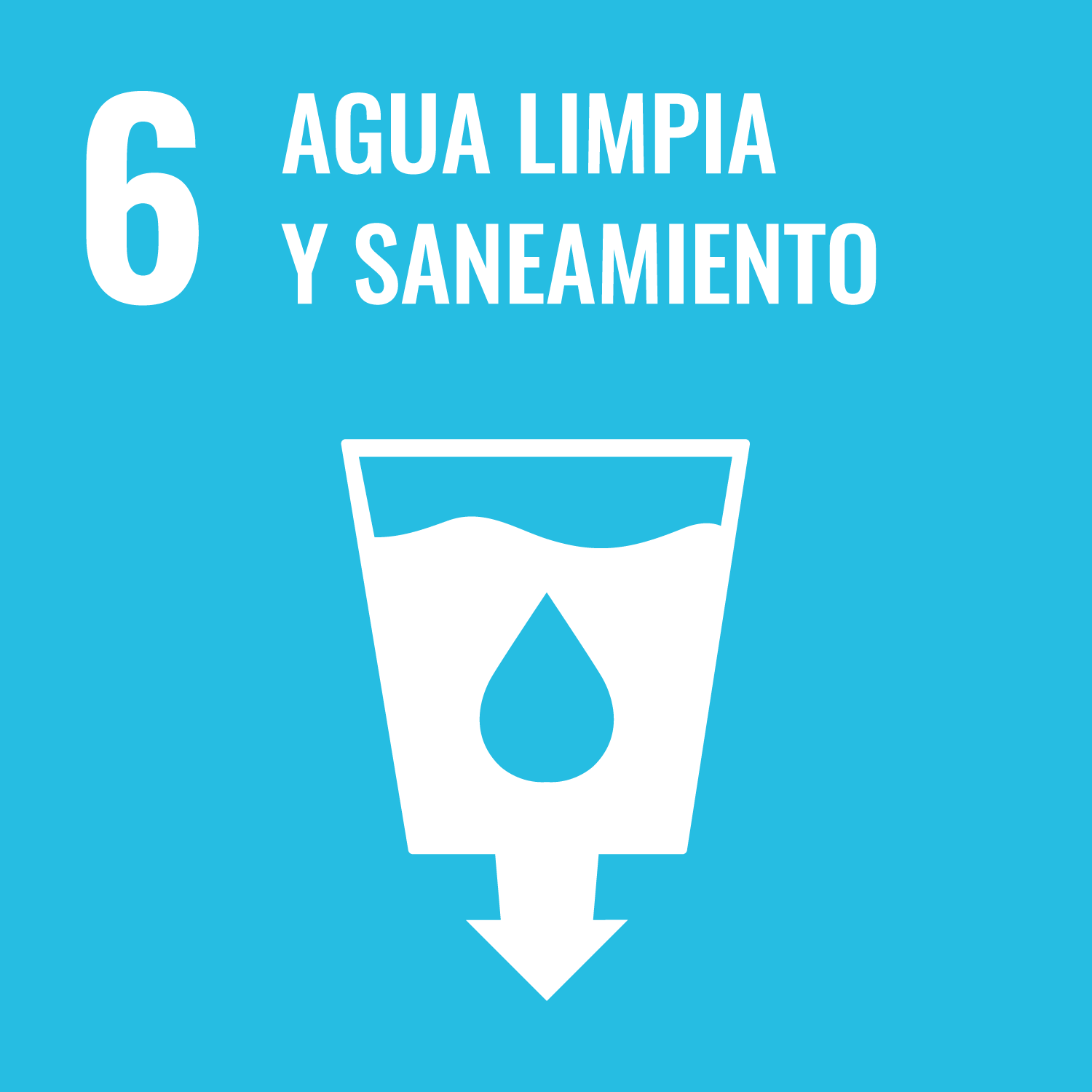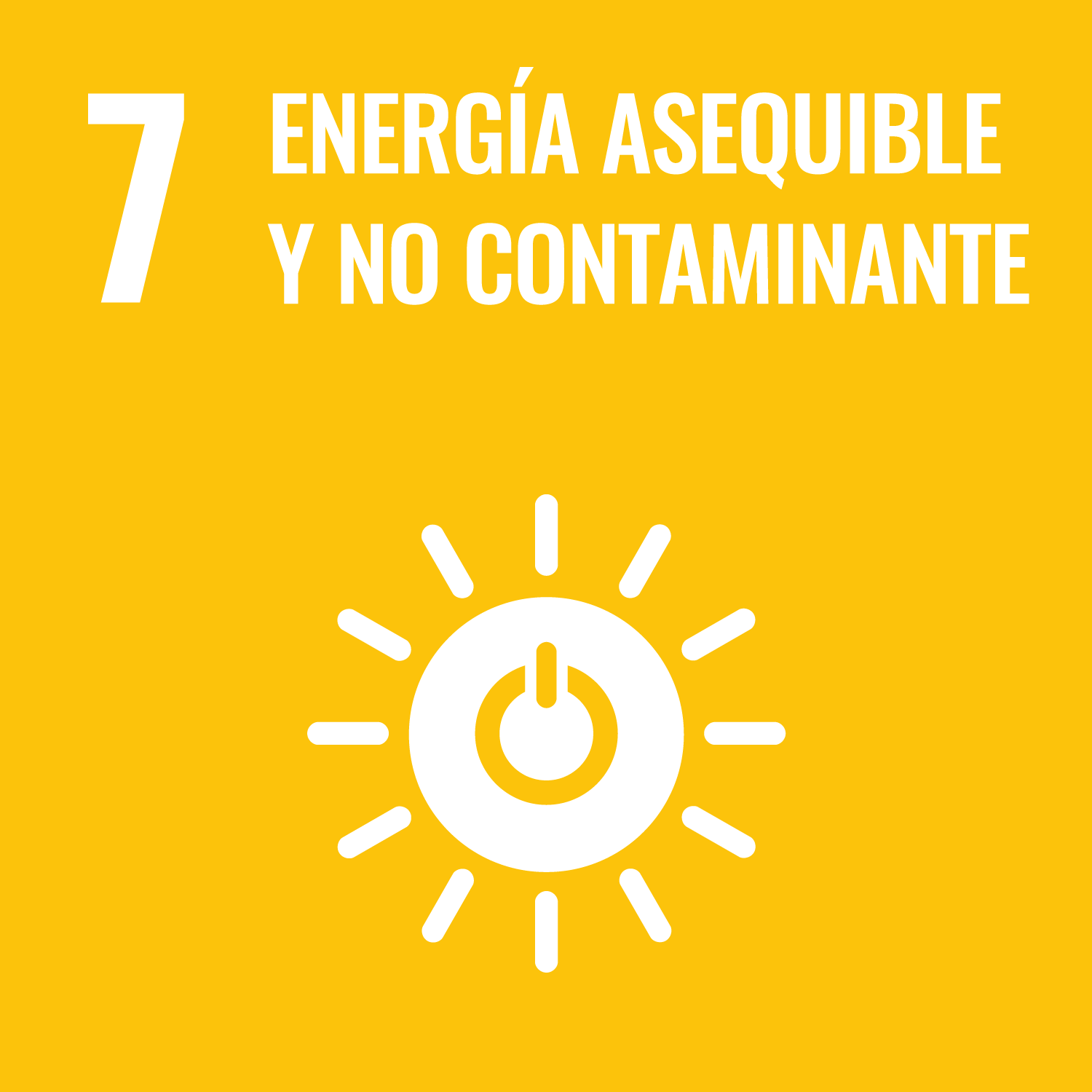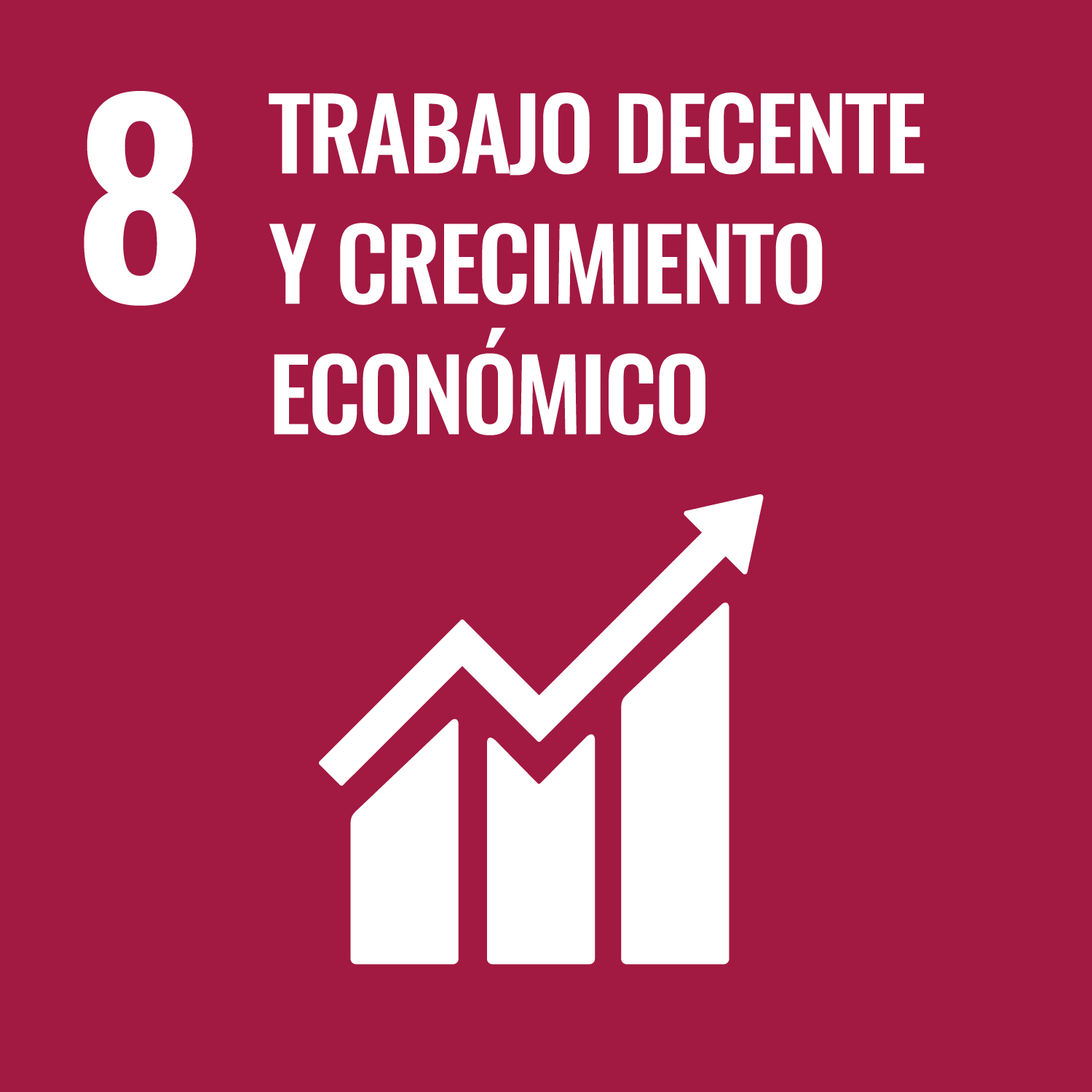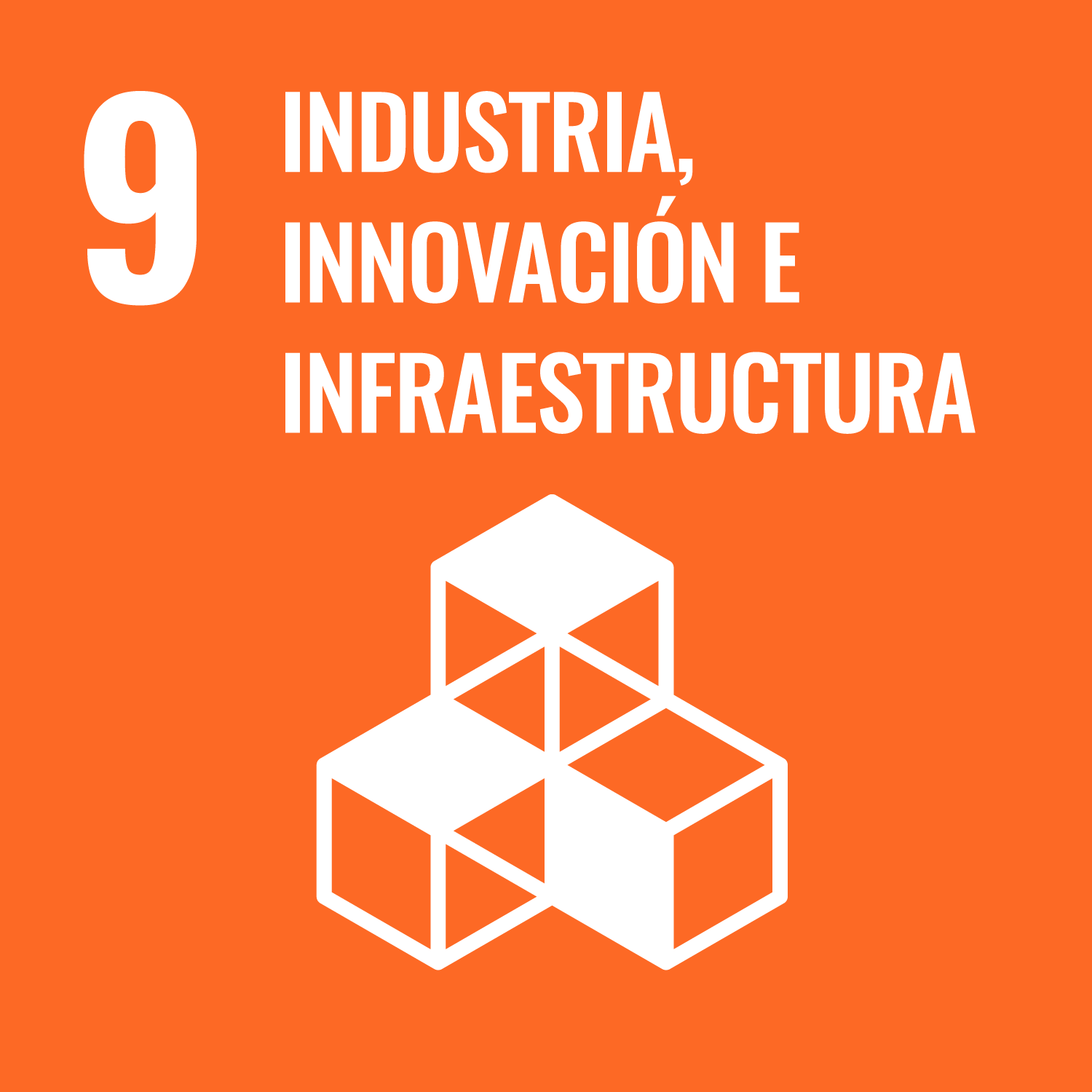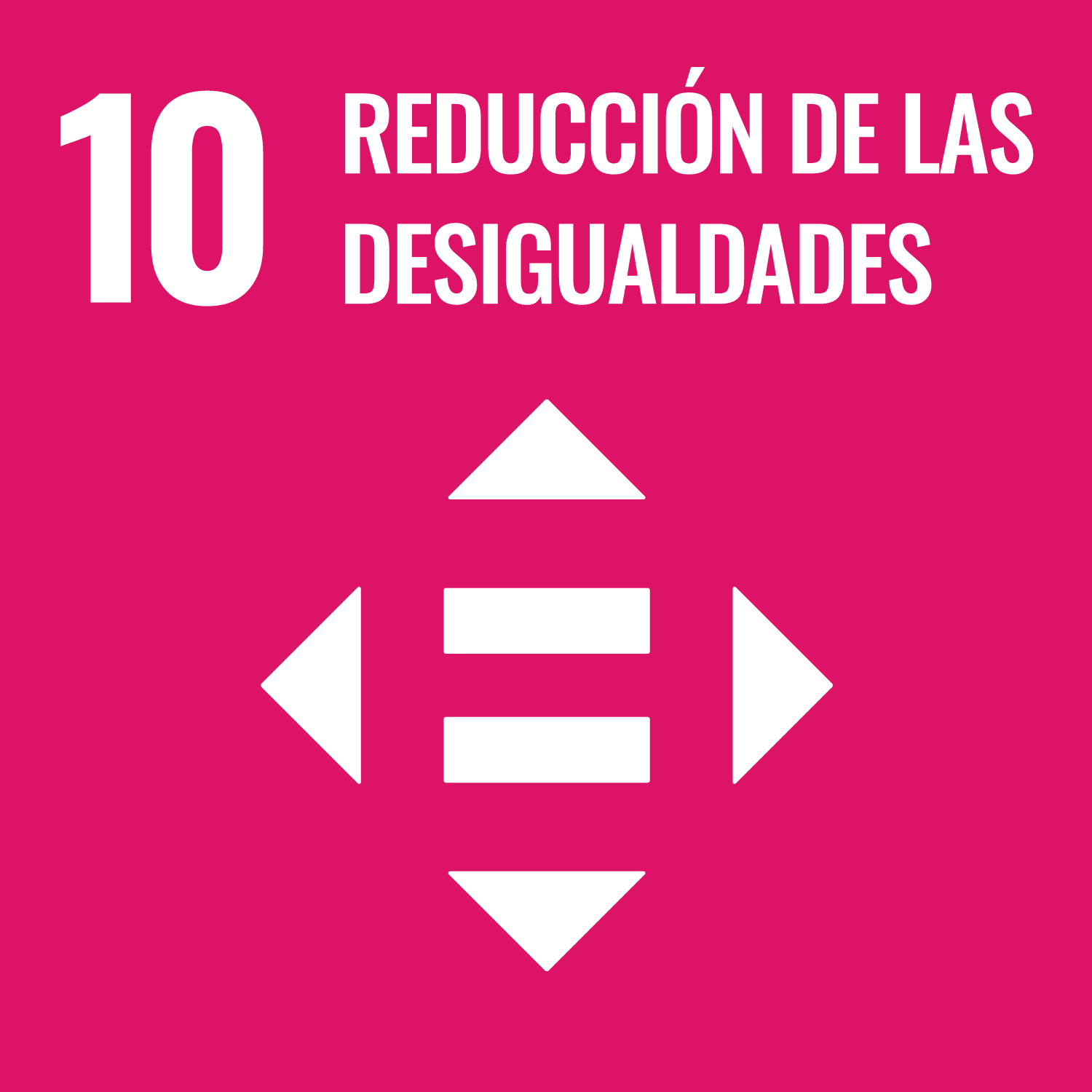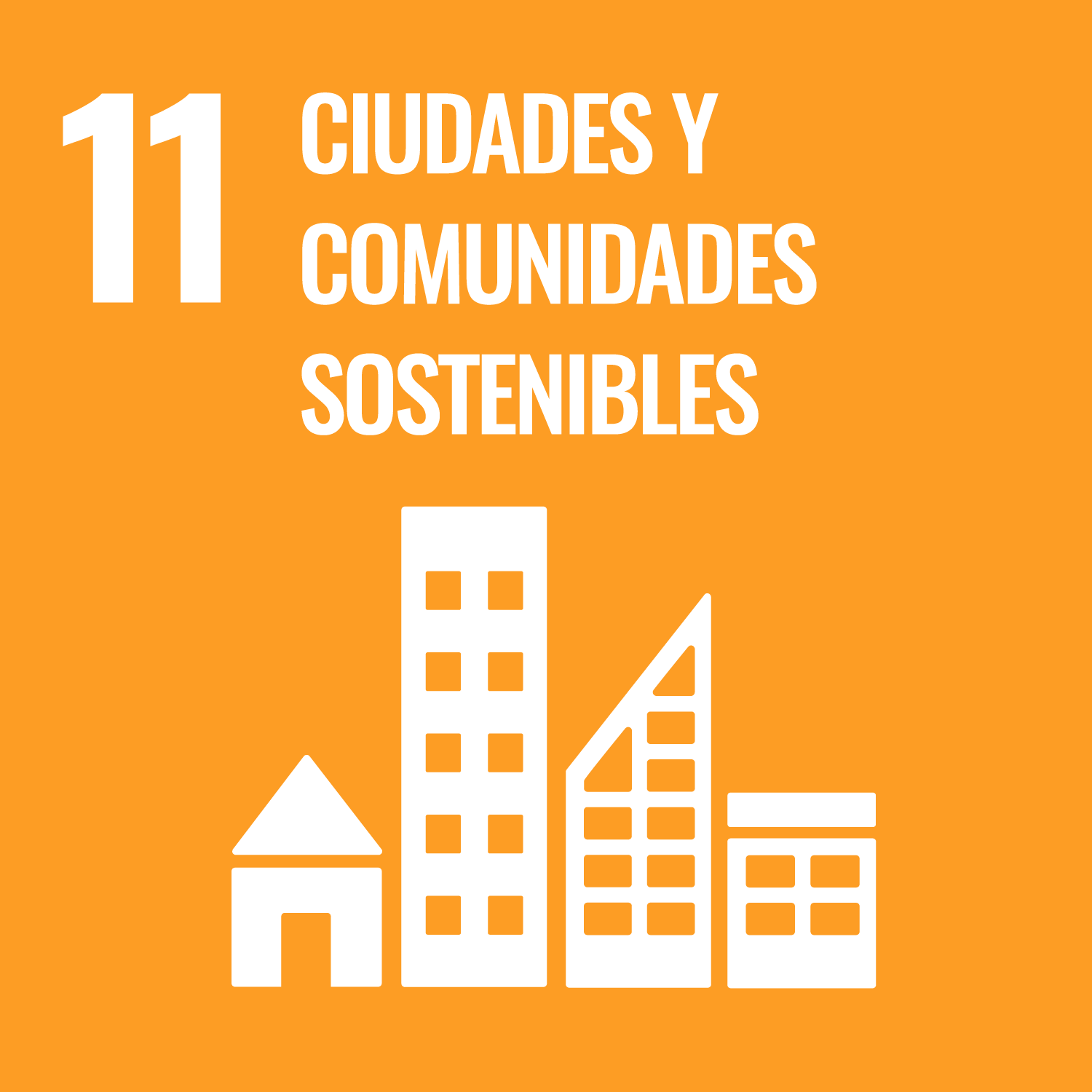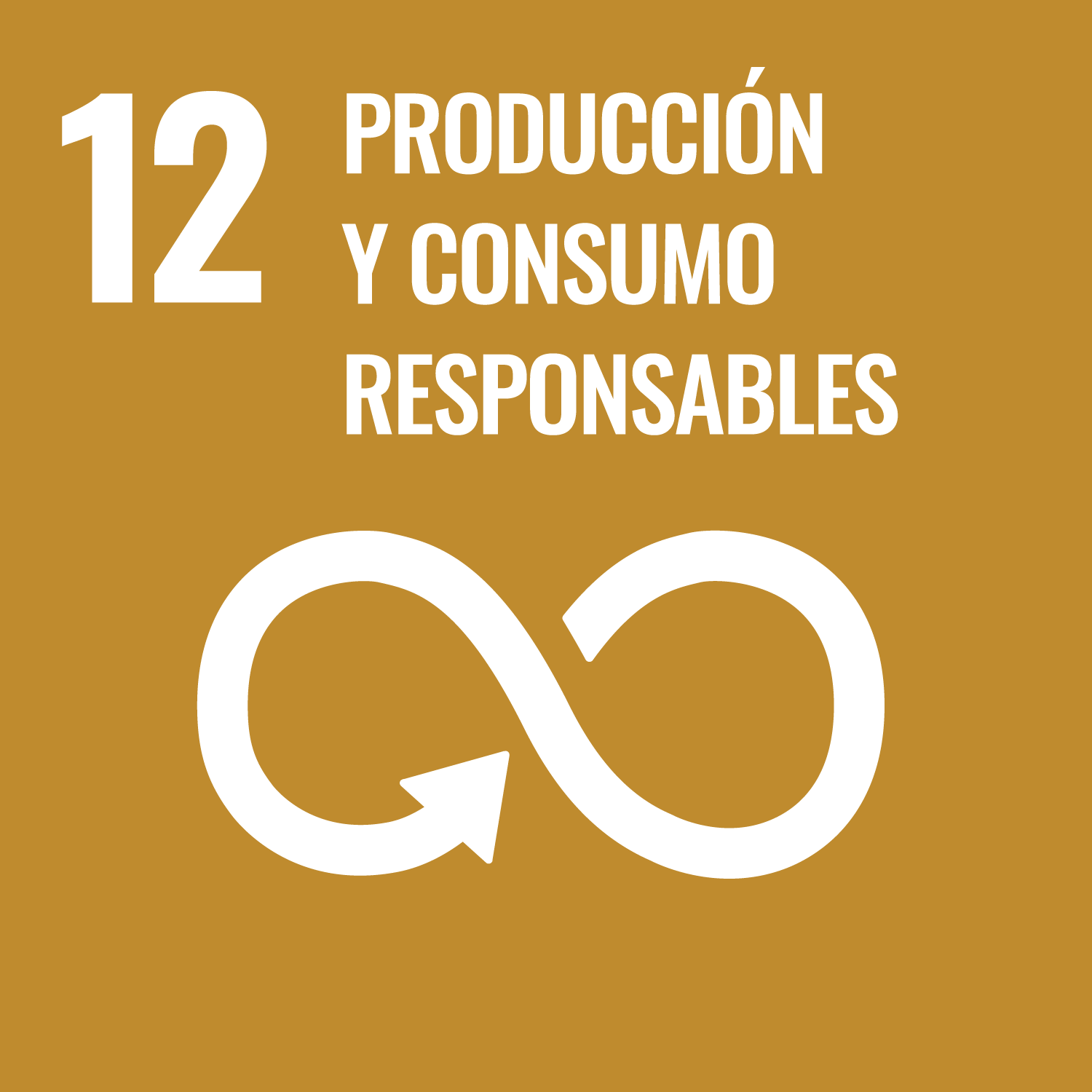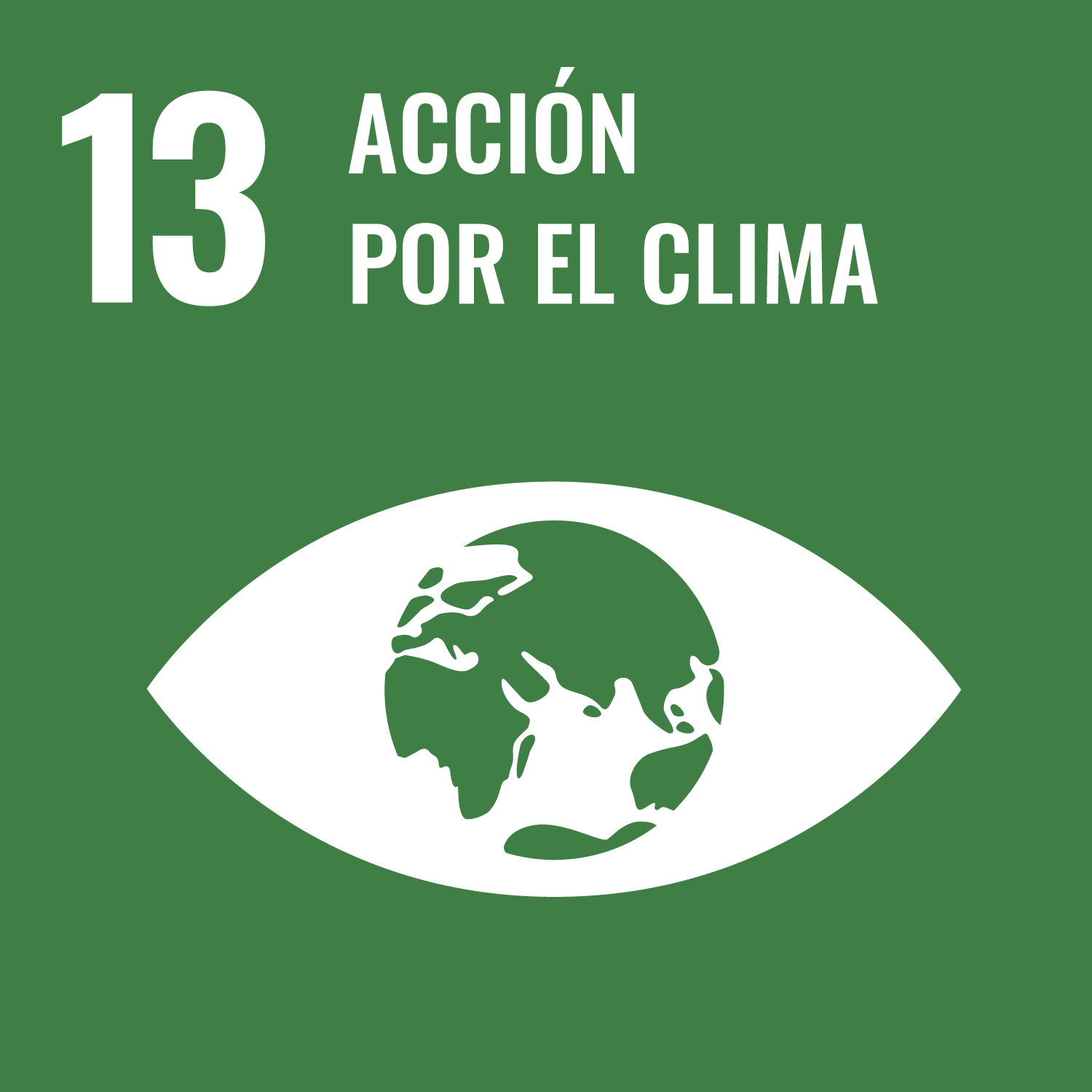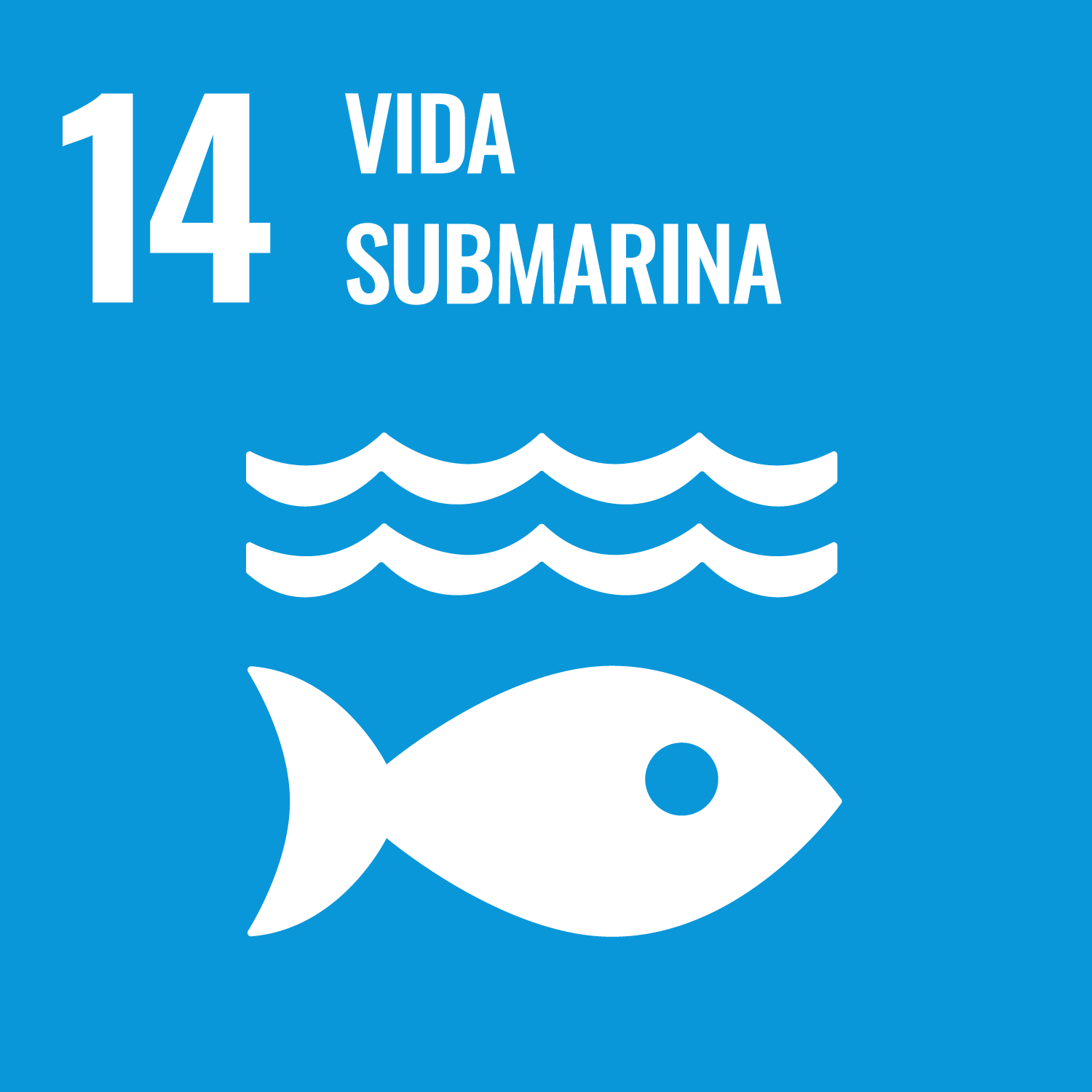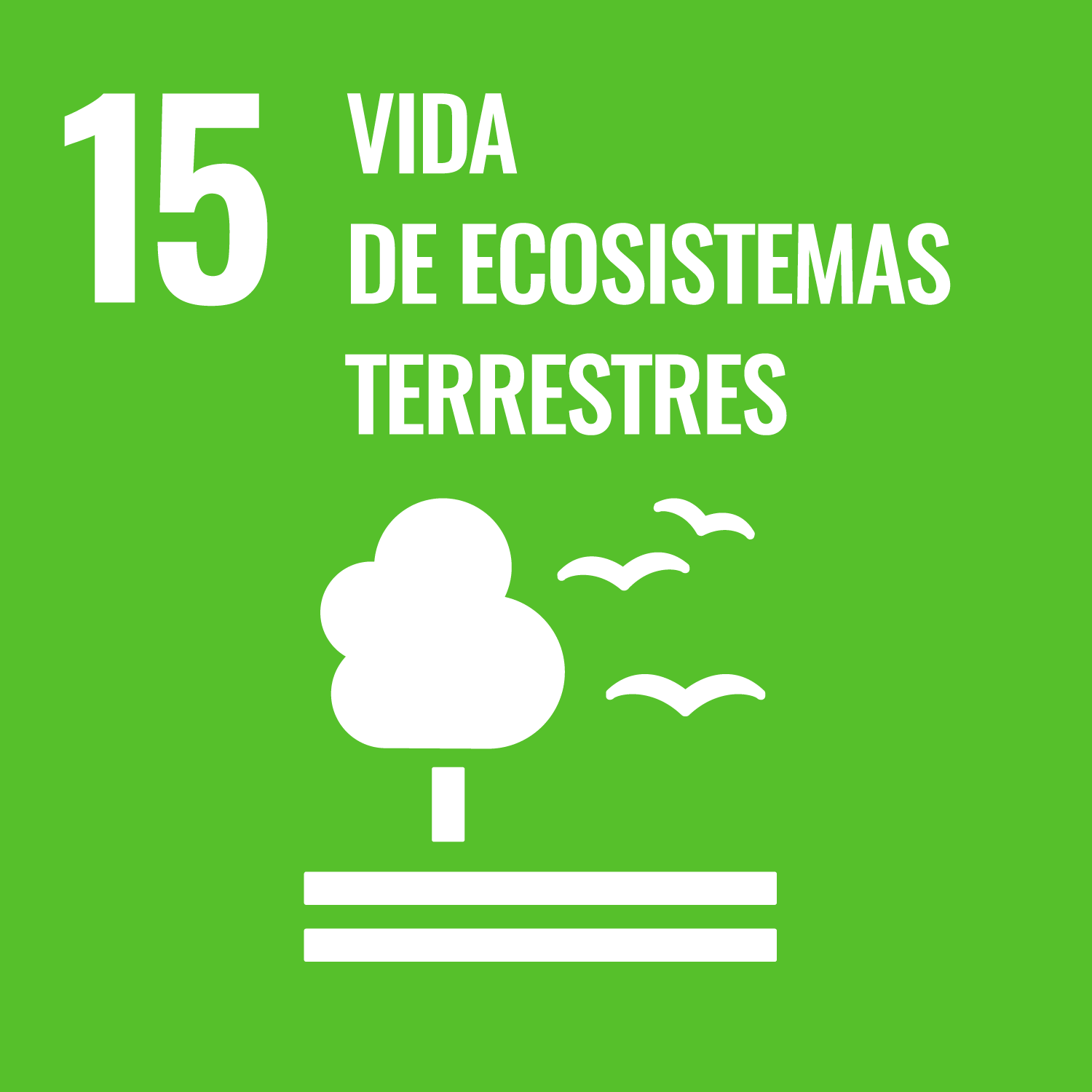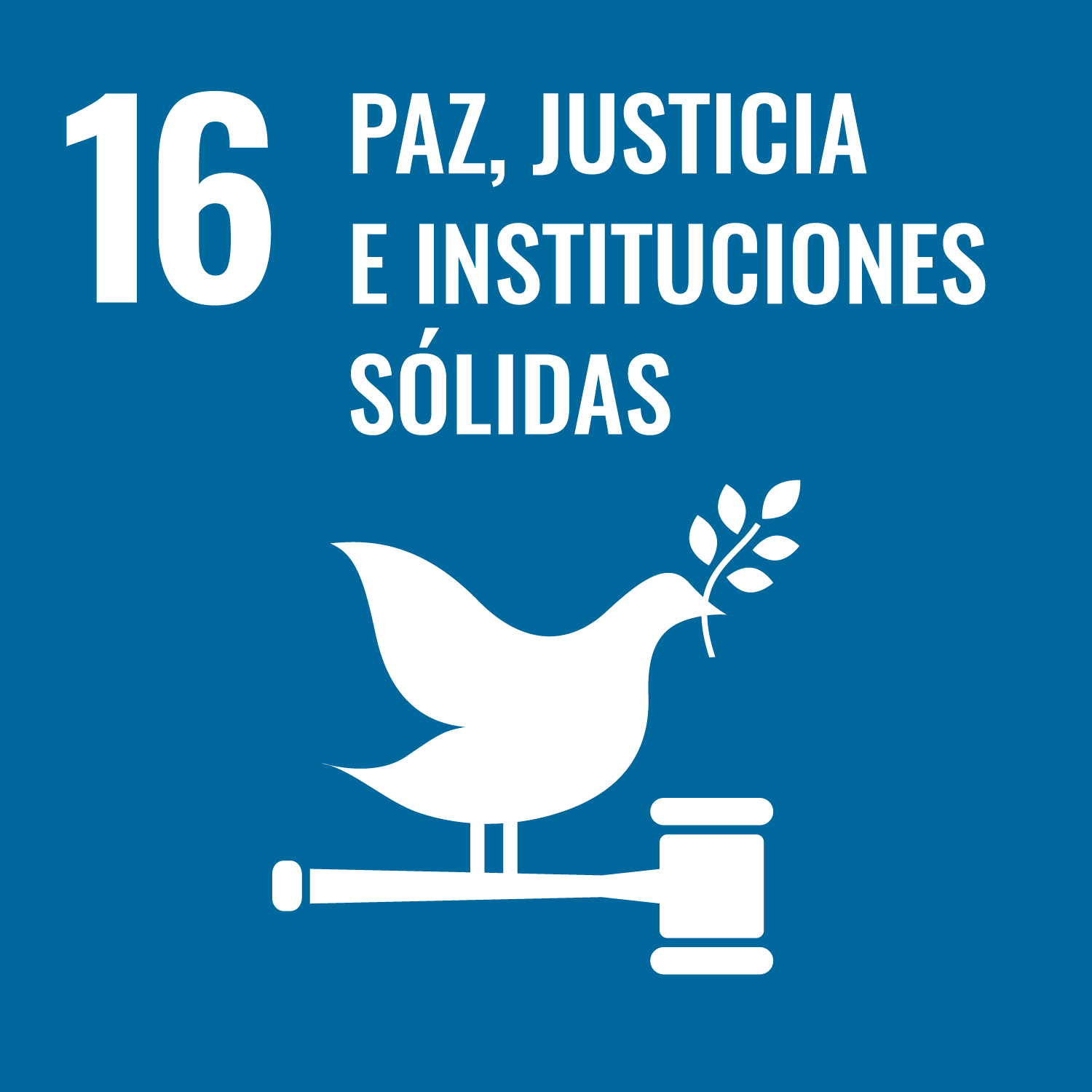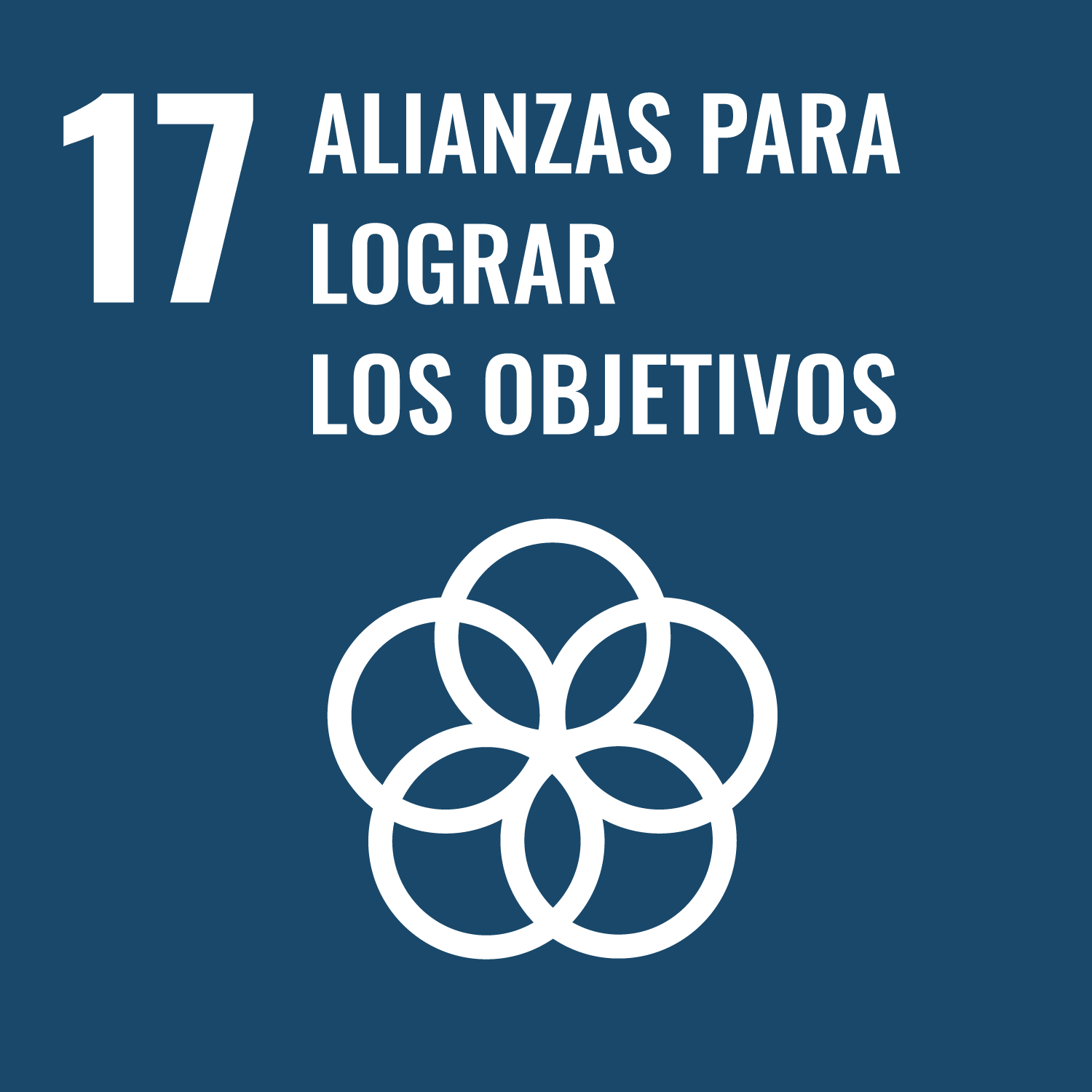Even before the dilapidated house appears on the hill, which can be reached by a muddy road, 83-year-old Persida is already at the gate. She has been waiting since early morning and is eager to talk. She lives alone in the village of Sljivar near Zajecar, in eastern Serbia. Persa, as she is known to her friends, is 83 years old and has difficulty moving because of her poor vision.
“How can I walk when I can't see. And I can’t have surgery due to high blood pressure. I’m old. It’s really hard!”
Now, help has arrived. And Persa needs help. Her pension is only seven thousand dinars per month (€60).
“What can I do with seven thousand?” asks Persa. “Nothing, to tell you the truth. I'm lucky that I got this, so I can buy something to eat. Seven thousand is nothing. I have to pay for the electricity, phone, water...”
Persida received a one-off humanitarian cash transfer from the United Nations Population Fund (UNFPA), as part of the UN Joint Programme, which is being implemented by UNICEF and UNFPA, with the participation of UNHCR, state institutions and the Red Cross.
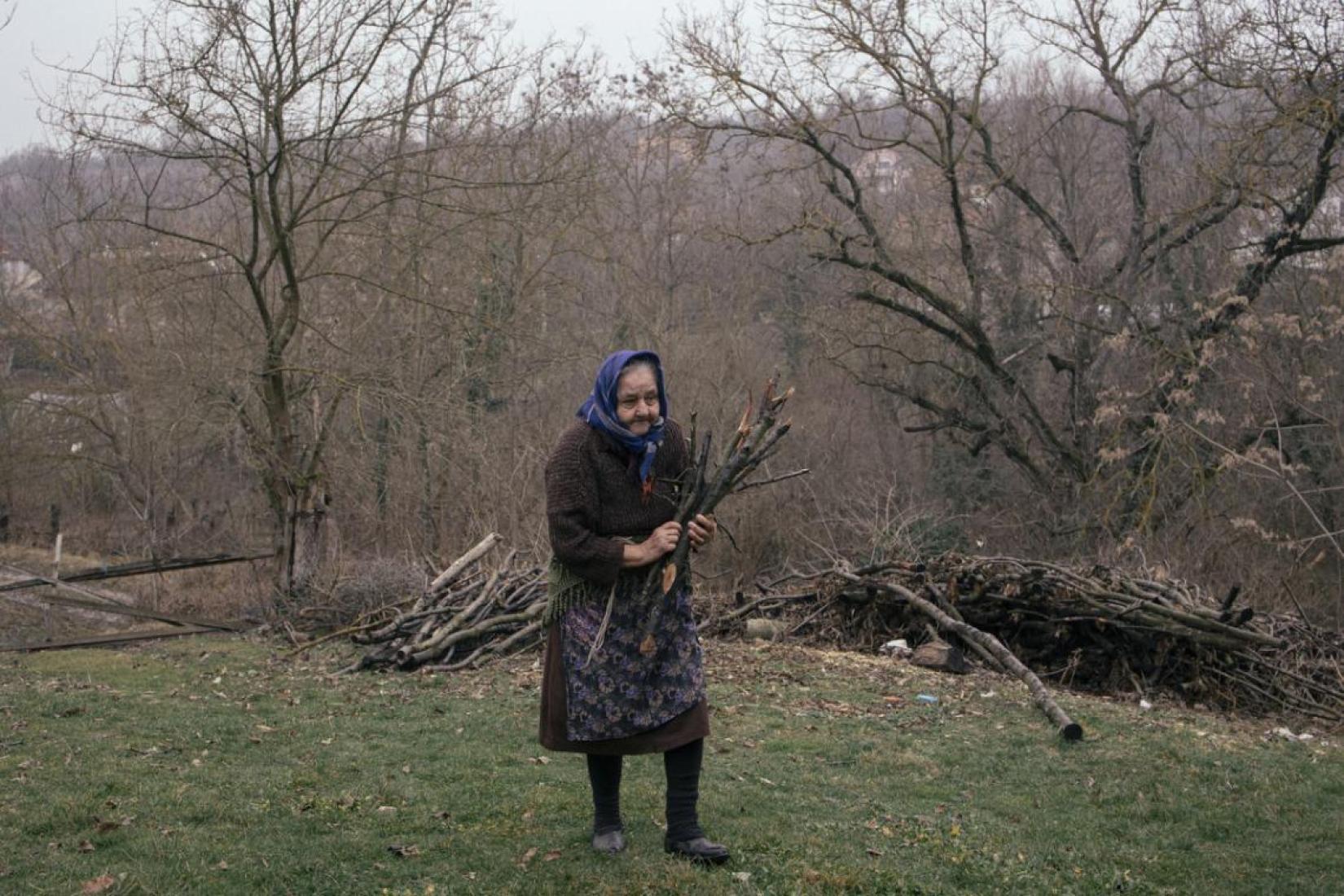
“I should buy food; I would get flour. But I feel bad spending it because I don't have much...,” says Persa.
“Given her low income, this is a significant help for Persa,” explains Vladan Markovic, Secretary-General of the Red Cross in Zajecar. He will help Persa buy what she needs because there is no shop in the village. “She’ll use that money for food, medicines and to pay the bills which have piled up.”
Persa is one of 114 people over the age of 75 who have received one-off humanitarian cash transfer from UNFPA. They have many things in common. They are older and ill. Often, they cannot get out of bed, and usually live alone.
Persa is also lonely, and often looks through her family photos. Her son, she says, is far away. He lives in Italy, they rarely talk on the phone, and he hardly ever visits her. Her husband passed away ten years ago. And since there aren’t many young people in the village, nobody comes to visit Persa. Every Friday morning, however, she rushes to the gate to be on time to collect the weekly meals provided by the Soup Kitchen.
“This man passes by and I come out, he gives me bread, a hot meal and a little can of pate spread.”
Winter is especially hard. Persa shows that her arm hurts, because she cuts her own firewood for the small stove in the only room that she keeps heated.
“I can’t keep livestock. It's no use that I have land, when no one wants to work it and split the yield,” says Persa. “Otherwise, I would keep a small pig, to have some lard, some meat... And I live in scarcity, I don't eat meat at all. How can I when a kilogram of meat costs one thousand dinars! It’s really tough.”
In addition to older persons, the burden of the economic crisis caused by the slow recovery from the COVID-19 pandemic and the conflict in Ukraine is also borne by families with young children.
Twenty-three-year-old Bojana Kostic and her thirty-year-old husband, Aleksandar Jovanovic, from Jagodina in central Serbia, have felt the consequences of these two crises. They have five children - their daughter is nine months old; her older brothers are two, three, four and nine years old.
“My husband is currently unemployed. He works when someone calls him. We receive social assistance and child benefits. We pay the rent, electricity. The money we have can’t cover it,” says Bojana.
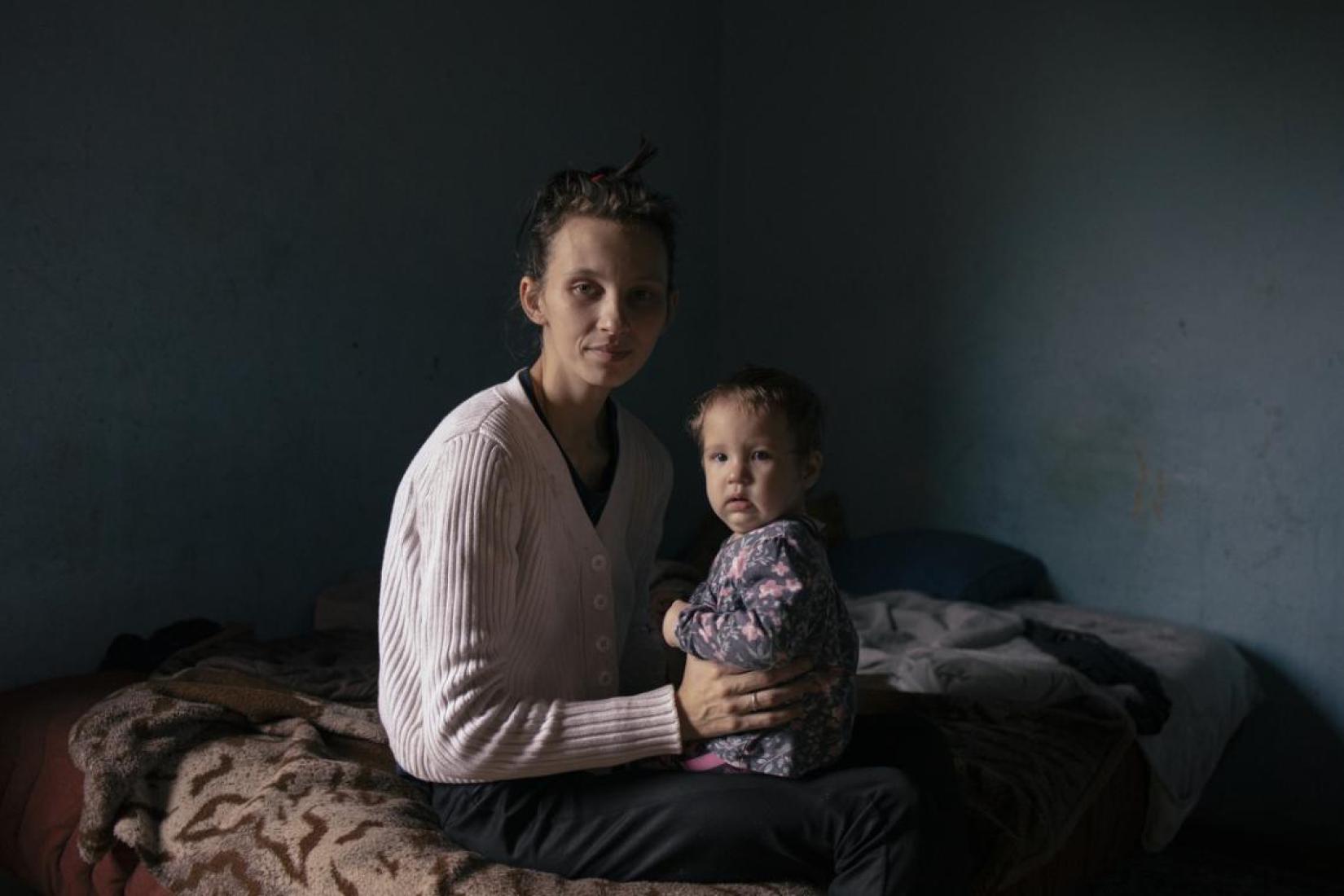
Her husband vividly recalls how difficult the period during the COVID-19 pandemic was for them.
“It was a disaster! No work, you just had to wait and see if someone would show you some mercy and help you out.”
Aleksandar also collects recyclable materials. He works whenever someone calls him, just so he can provide for his family of seven.
“I do manual labour, construction work. I go to the scrap yard when someone calls me,” explains Aleksandar.
Bojana’s biggest worry is having enough food for all the children, as well as having enough money to buy milk and nappies for the baby.
They are also counting on the daily meals provided by the Soup Kitchen. Things are even harder during the winter, as it’s a challenge to heat the dilapidated house.
“We need money for the firewood. We hardly have any money left after we pay the rent and buy food,” explains Bojana.
That’s why the one-off humanitarian cash transfer provided by UNICEF and its partners is so important.
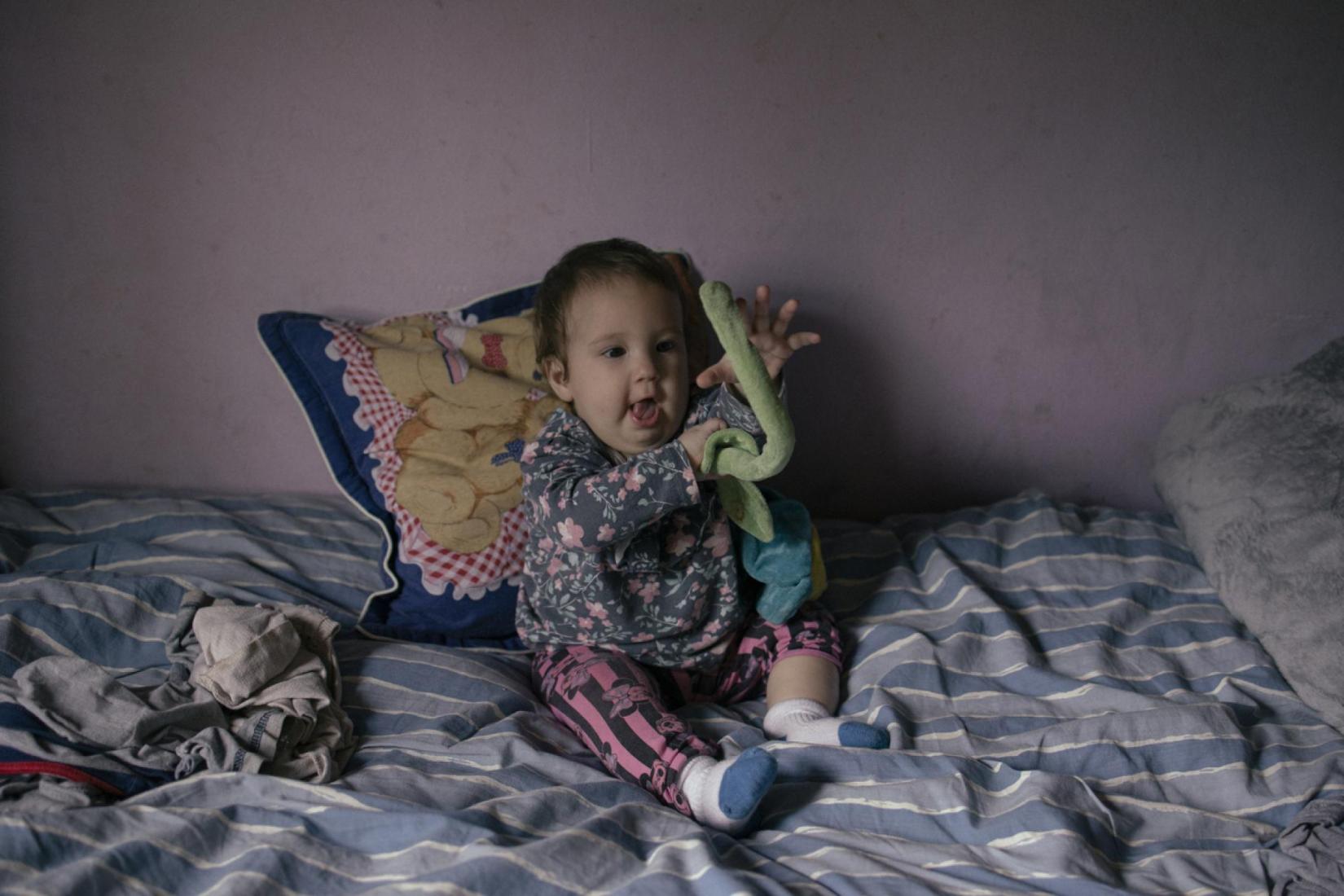
“We got the card (from UNICEF) to buy things. We bought clothes, winter boots, food for our children, the usual things they need,” says Bojana.
I would like to thank UNICEF and the Red Cross. They helped us as much as they could. We spent it on things for our children. There was around a thousand dinars left, I used it to buy medicine for our baby, because she was sick and that’s it, Aleksandar is grateful.
Four-year-old Janos and his younger brother Matej go to kindergarten. They cheerfully grab crayons, and when they find a piece of paper, they show us what they learned in preschool. Their eldest brother, nine-year-old Miodrag, also helps them.
“They like it in kindergarten. They learn songs there, they have recitals. They had one for New Year’s and Christmas. They got presents. They have food there, things to wear. They also give us clothes, sometimes even food,” Bojana says.
Stefan Malenovic, the Secretary of the Red Cross in Jagodina, says that families with multiple members, most often with young children or those who have a member with a disability, received assistance on a payment card from UNICEF and its partners. In Jagodina, 17 families received that assistance.
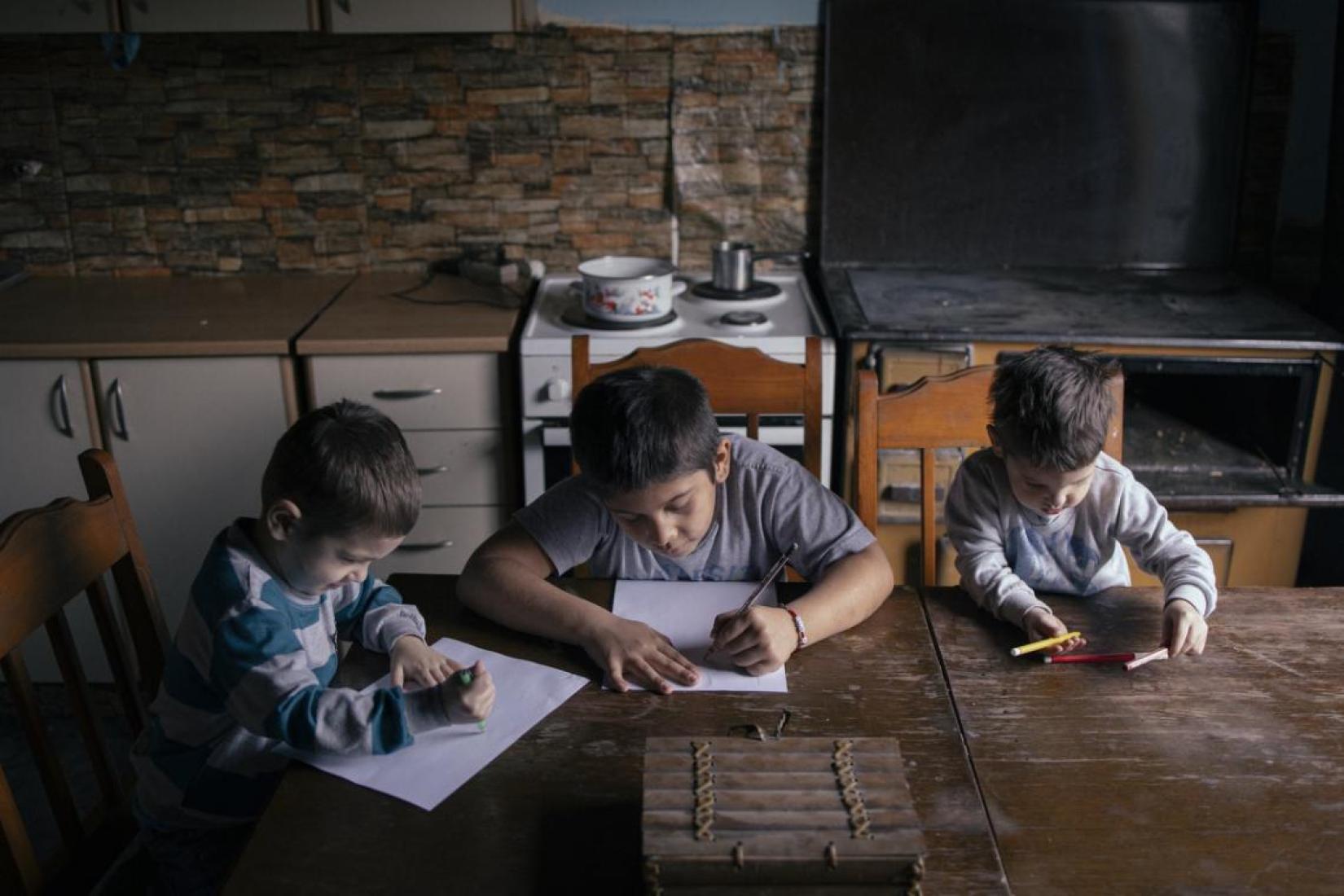
“Most often they bought food, the stuff with longer shelf life,” Stefan explains. “This aid means a lot to them. It’s winter, electricity bills have gone up, rent as well. They are very grateful to UNICEF and the donors, who also ensured that all the 17 families received this assistance.”
UNICEF helped 142 families in Serbia that are at particular risk of poverty, while UNFPA has helped more than 70 older people households in municipalities with the highest ageing index. A total of 212 households received one-off assistance, tailored to the number of household members, through the United Nations Joint Programme “Extending Social Protection in Serbia through Enhanced Shock-Responsive Policy”, implemented by UNICEF and UNFPA, with the participation of UNHCR, and in cooperation with government institutions and the Red Cross, and thanks to the UN Joint SDG Fund.
“This joint project, implemented in close cooperation with the Serbian Government, is a call to strengthen social protection services and systems, especially at a time when we are facing rising costs. It is essential that social protection systems are correctly targeted, so that those who are more vulnerable can receive the necessary support to have a safe and productive life. Our shared goal is to reduce inequalities,” said Francoise Jacob, UN Resident Coordinator in Serbia.
Through this UN Joint Programme, support has been provided to the Government of the Republic of Serbia to strengthen the national framework of social protection and emergency response policies and to increase budgetary resources for the protection of the most vulnerable population groups.
Written by Jelena Terzić


